
Corporate Linkage as GTM Intelligence for Subsidiary Targeting
Introduction
In global B2B markets, corporate structures are rarely linear. A single parent company may own dozens of subsidiaries, each with separate budgets, management teams, and procurement rules. Traditional firmographic data often misses these relationships, leaving sales and marketing teams unaware of valuable expansion paths.
Corporate linkage data changes that. By revealing how legal entities connect across countries and industries, it equips revenue teams to identify warm subsidiaries, shared ownership paths, and strategic points of entry that would otherwise remain invisible. This makes corporate linkage a foundational layer of modern go-to-market intelligence.
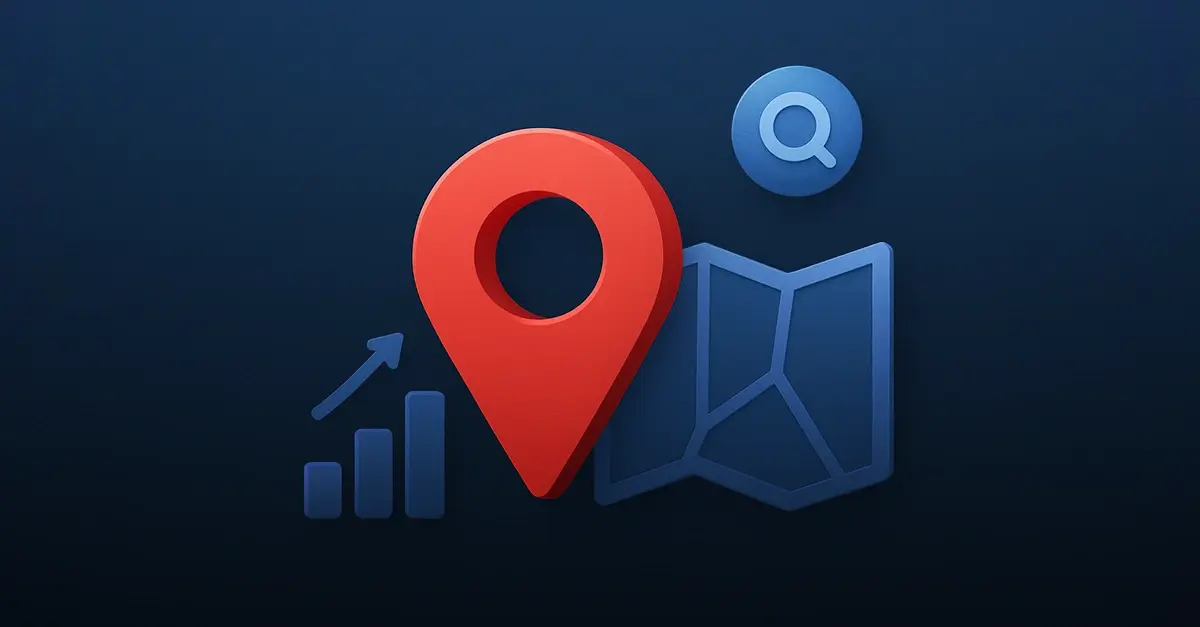
What Is Location Intelligence? A Complete Guide
Introduction: Why Location Data Has Become Critical
The global market for location analytics is projected to exceed 30 billion dollars in 2025, expanding at double-digit growth rates as organizations embed spatial insights into daily decisions. What was once the domain of specialized GIS teams is now a core capability for businesses across industries. From retailers selecting store sites to logistics providers planning delivery networks, companies recognize that “where” is as important as “what.”
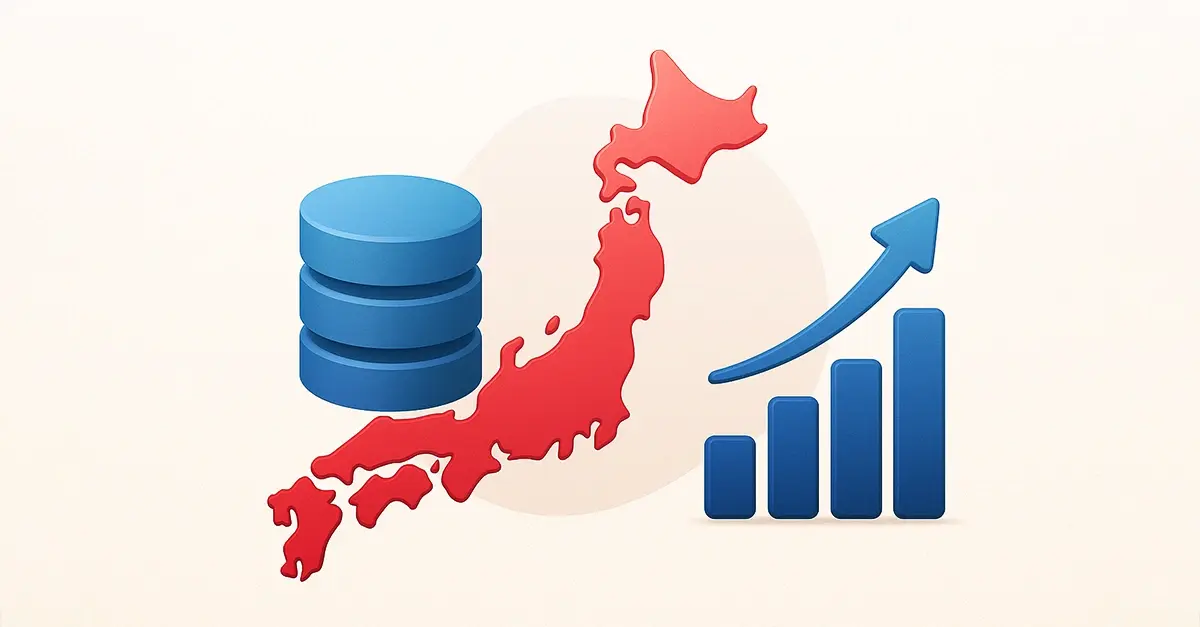
Best B2B Data Providers in Japan (2025)
Executive Summary
Japan’s highly digitized, quality-focused business environment makes accurate B2B data critical for market entry, sales intelligence, and supply chain integrity. This comparison highlights the top providers, focusing on vendors that deliver exceptional local data quality, compliance with the Act on the Protection of Personal Information (APPI), and the scale needed to navigate Japan’s massive B2B e-commerce market, which exceeded ¥465.2 trillion in 2023. We compare providers for comprehensive coverage across key sectors like Manufacturing, Wholesale, Finance, and Healthcare.
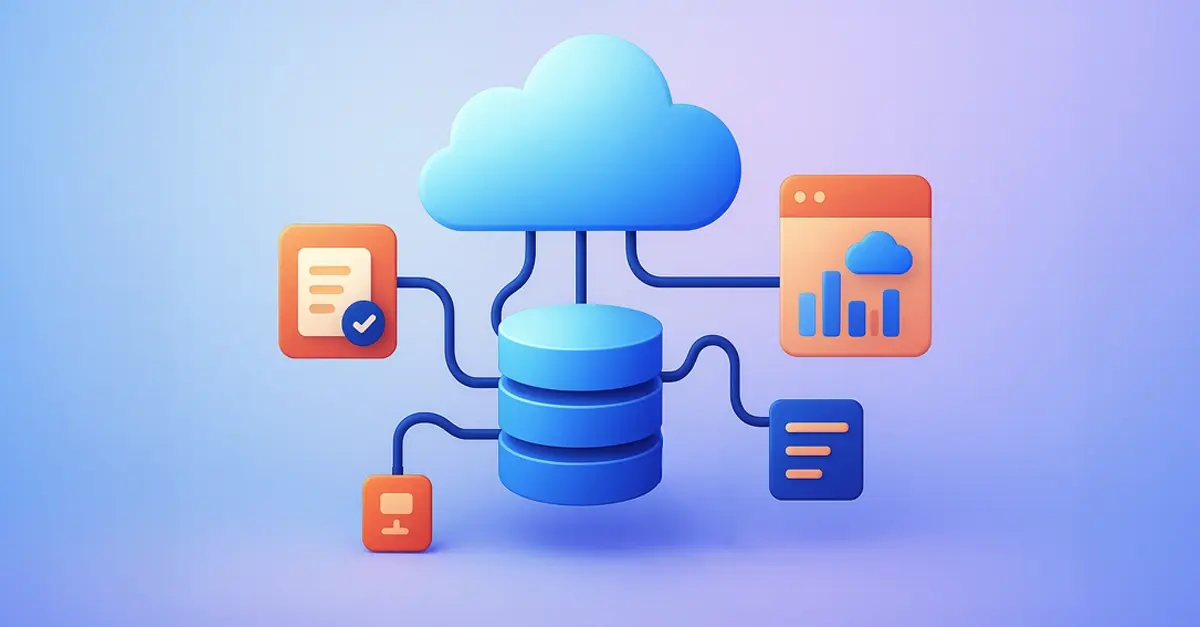
What Is Database as a Service (DBaaS)? And How It Differs from Data as a Service (DaaS)
In a data-driven economy, businesses increasingly rely on digital infrastructure that can scale, adapt, and deliver insights efficiently. Among the many innovations enabling this transformation, Database as a Service (DBaaS) has become a cornerstone of modern data management. It allows organizations to access database capabilities through the cloud without maintaining physical servers or managing updates internally.
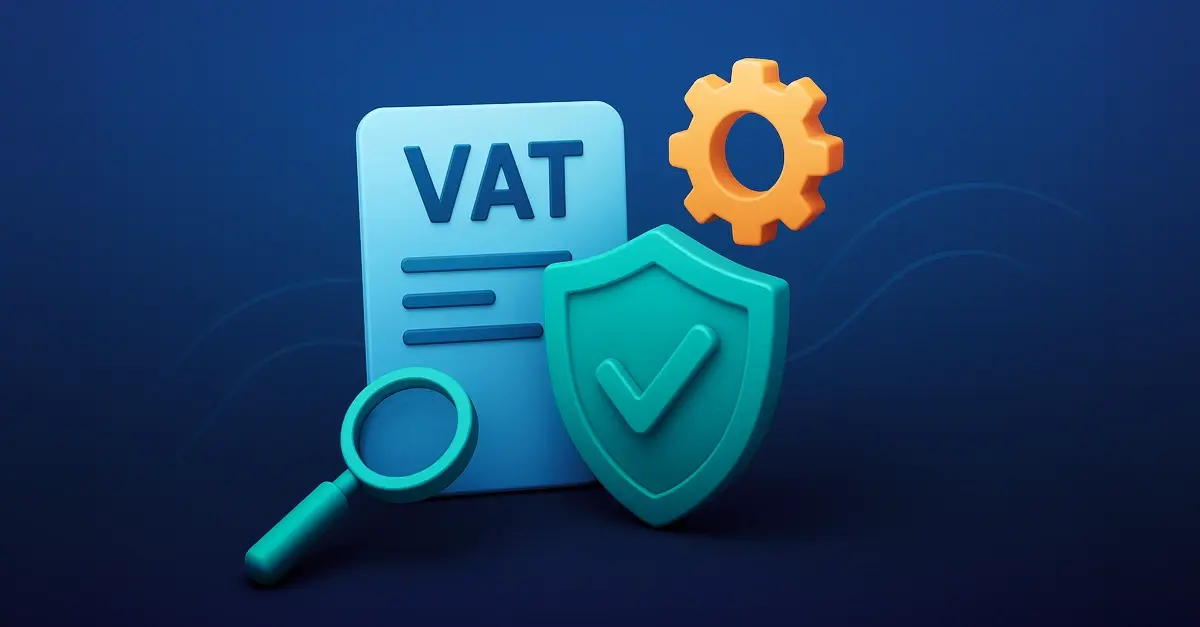
Top 5 VAT Validation Tools for Compliance in 2025
Executive Summary
In 2025, VAT number errors are more than a nuisance—they’re a liability. Regulatory fines tied to tax ID misreporting topped €2.3 billion in the EU alone, and compliance officers are under growing pressure to prove sourcing lineage at the point of transaction. For GTM teams, inaccurate VAT data breaks lead routing, ruins CRM hygiene, and derails segmentation.
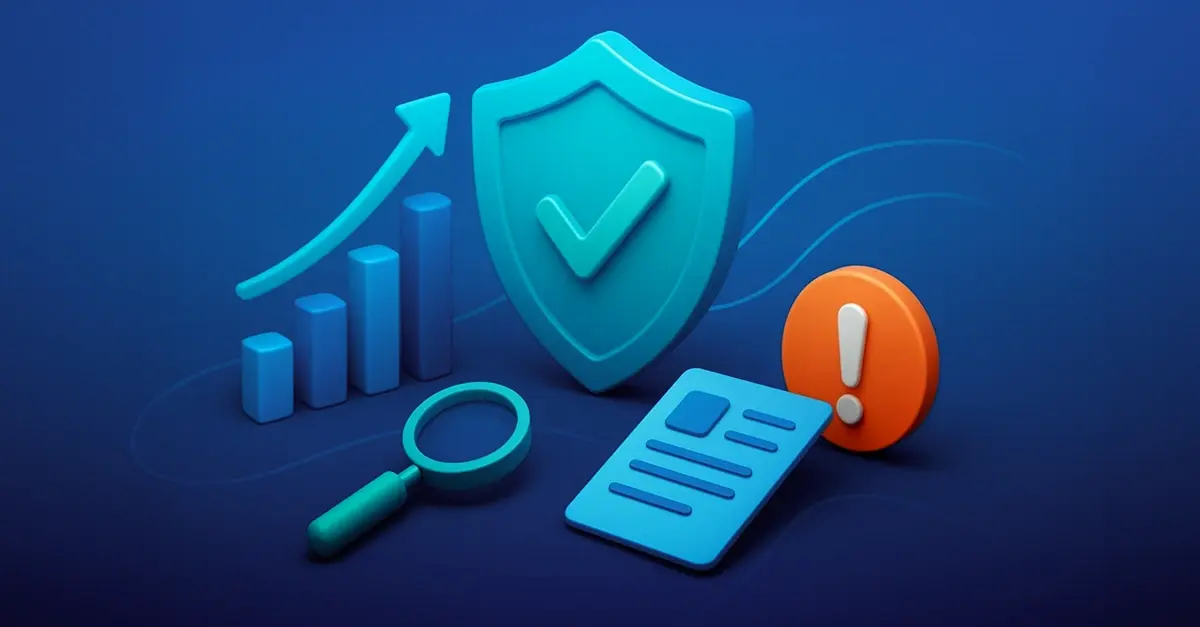
Company Signals for Compliance and Risk Monitoring: The Shift to Proactive Intelligence
Introduction: Why Static Risk Reviews Are Failing
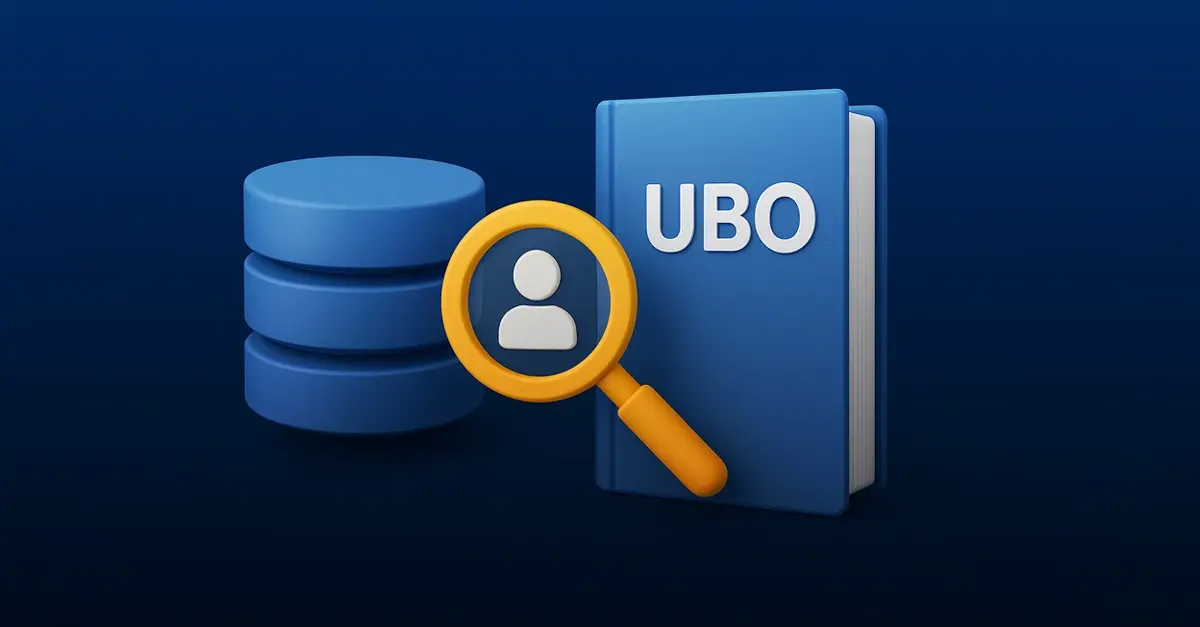
5 Best Ultimate Beneficial Owner UBO Database Providers in 2025
Executive Summary
Identifying theUltimate Beneficial Owner (UBO), the natural person who ultimately owns or controls a legal entity, is the cornerstone of modern Anti-Money Laundering (AML) and Know Your Business (KYB) compliance programs. As financial crimes and regulatory scrutiny intensify, finding solutions that offer accurate, audit-ready, and global UBO data is critical for financial institutions, regulated entities, and large enterprises. This comparison highlights top UBO data vendors, focusing on compliance-grade intelligence rather than general sales prospecting tools, to help you reduce risk, accelerate onboarding, and maintain full regulatory compliance.
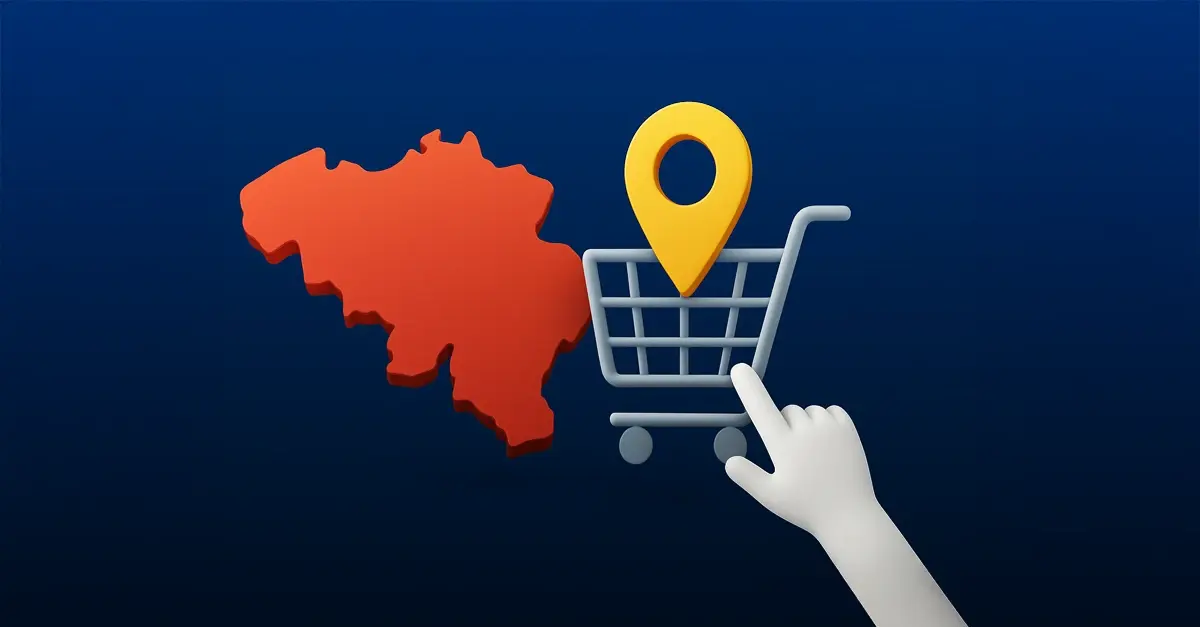
How to Reach Consumers in Belgium
Market Context and Dataset Foundations
How to reach consumers successfully? If you are a business selling directly to consumers, the challenge has always been the same: who do you target, how do you reach them, and how do you ensure compliance? In this article, we use Belgium as a case example to show how registry-based consumer datasets make it possible to identify the right buyers and connect with them across verified communication channels.
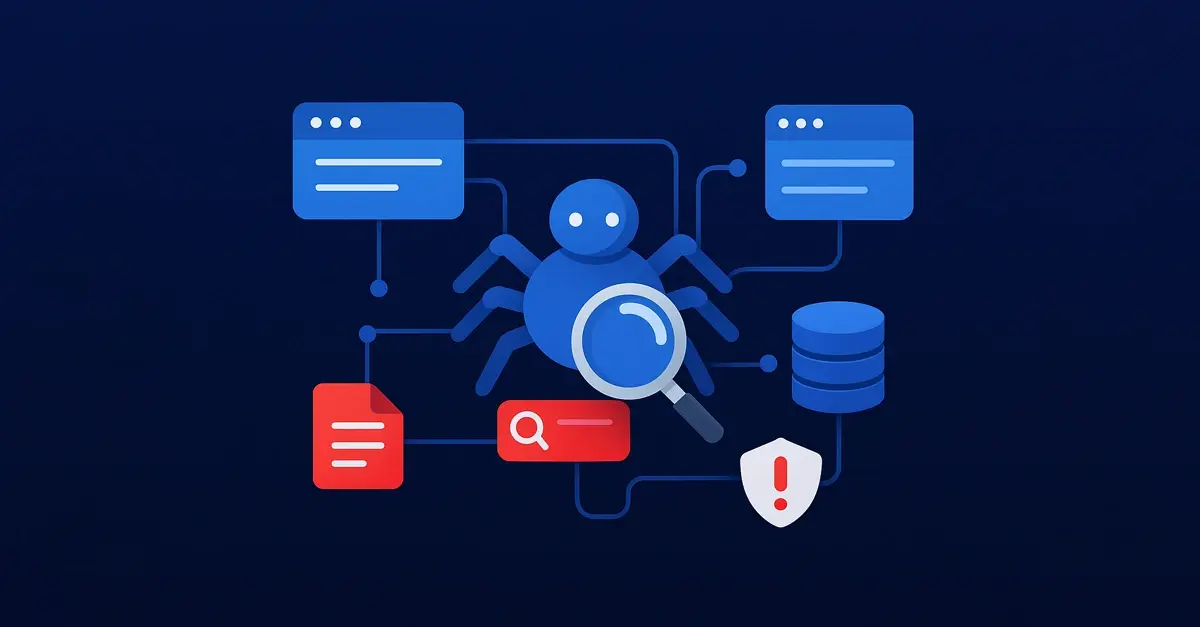
What Is Web Scraping? Definition, Risks, and Better Alternatives
Web scraping has always been an option many companies and users rely on - usually because there isn’t a budget for verified data from a provider. In 2020-2023 especially, scraping was seen as one of the most efficient ways to extract data from websites. And some websites really do behave like databases: they contain huge amounts of information - detailed product descriptions (e-commerce), stock prices, people’s business profiles, statistics, company revenues, business data, and more.
Web scraping can be done manually (and years ago it was mostly a manual task) but nowadays, in most cases, it’s almost fully automated using scraping tools. Website scraping isn’t an easy process, though - sites have CAPTCHAs or protect themselves from scrapers, and such scraped data often comes very unstructured. So the second big step is being able to process and read the data to get the information you’re searching for.
But let’s first understand what web scraping is.
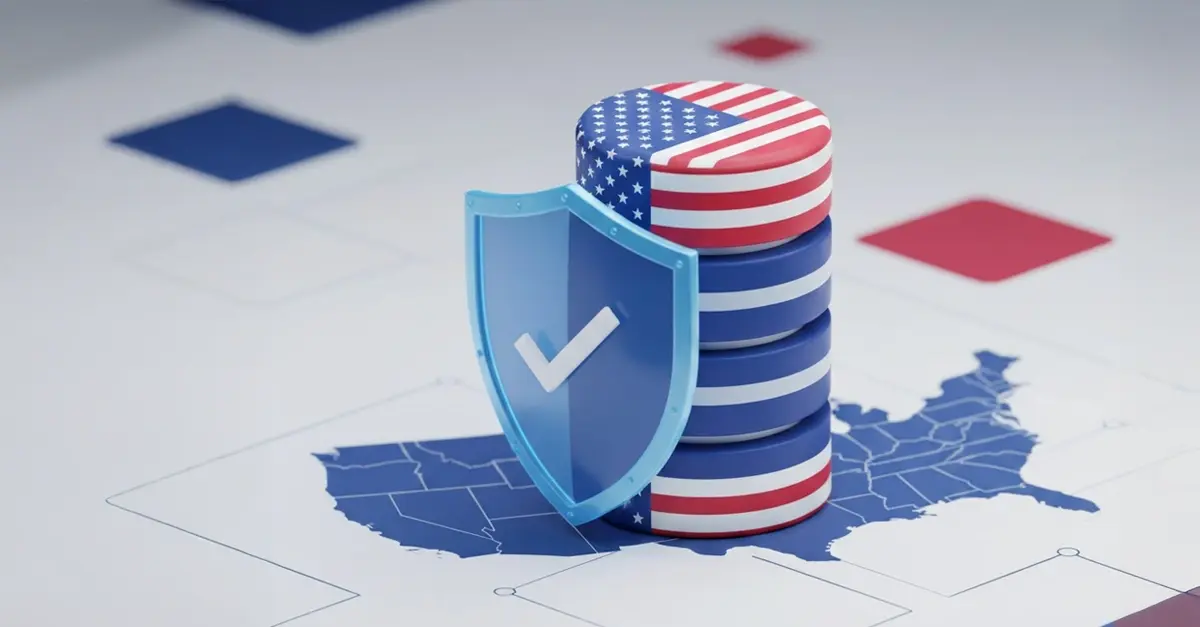
17 Best B2B Data Providers in the USA in 2025
Choosing the best B2B data providers in the USA is essential for sales, marketing, and compliance teams that want to connect with the right accounts and maintain accurate customer records. The U.S. market is massive and competitive, with millions of companies across every sector and strict privacy rules shaped by the California Consumer Privacy Act (CCPA). Not every global provider delivers the same depth of U.S. coverage, and not every platform offers structured, compliant, and continuously updated data.
